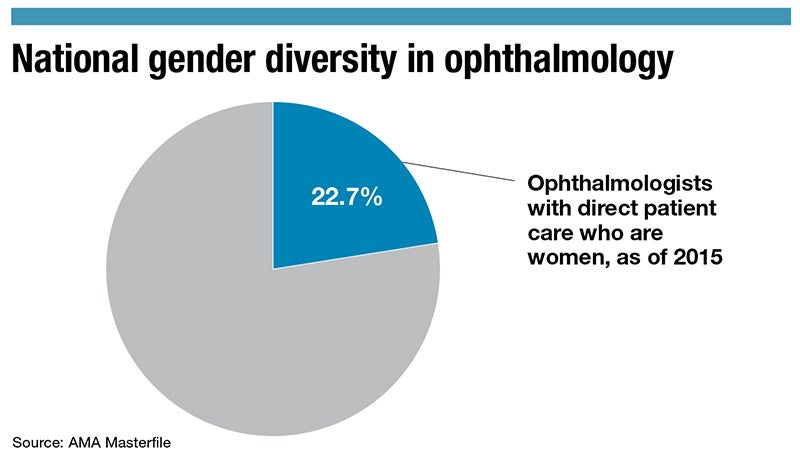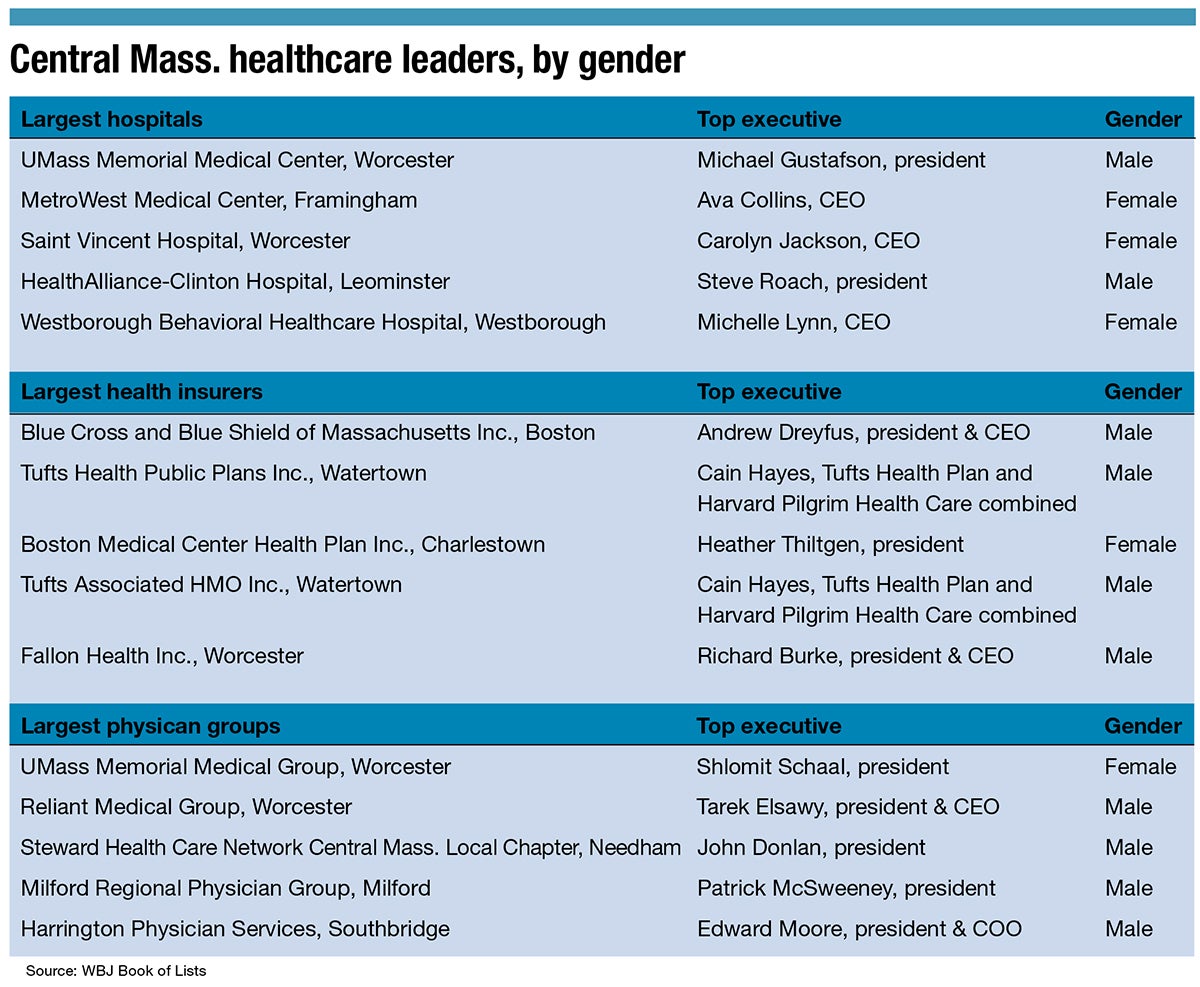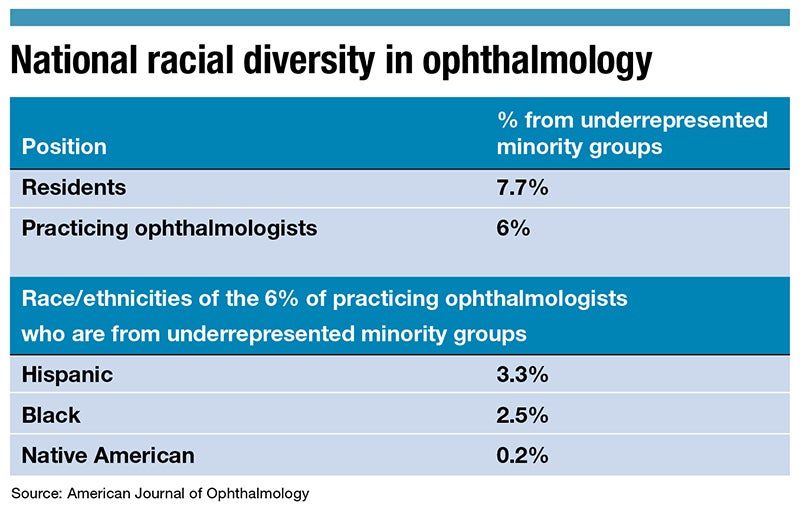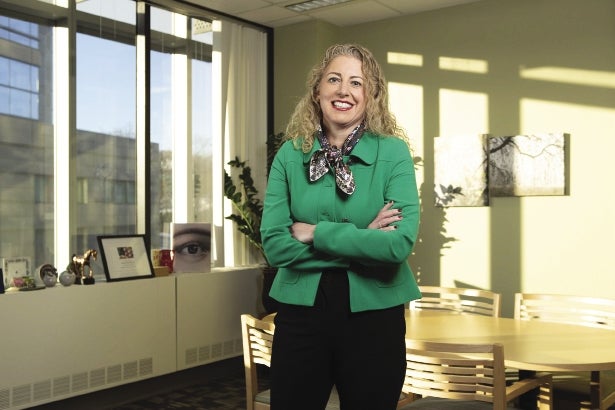Schaal came to the U.S. to take an ophthalmology fellowship at the University of Louisville, after receiving both her medical and doctoral degrees in Israel and serving as a physician in the Israeli navy.
Get Instant Access to This Article
Subscribe to Worcester Business Journal and get immediate access to all of our subscriber-only content and much more.
- Critical Central Massachusetts business news updated daily.
- Immediate access to all subscriber-only content on our website.
- Bi-weekly print or digital editions of our award-winning publication.
- Special bonus issues like the WBJ Book of Lists.
- Exclusive ticket prize draws for our in-person events.
Click here to purchase a paywall bypass link for this article.
Rare are the moments a person can later pinpoint as life-changing. But when they happen, they pack a punch.
For Dr. Shlomit Schaal, chair of ophthalmology at UMass Chan Medical School and president of UMass Memorial Medical Group in Worcester, one such moment came by way of attending a mid-career women faculty leadership development seminar hosted by the Association of American Medical Colleges.
It was late 2014, she recalls, and she’d been nominated by her dean at the University of Louisville, where she served on faculty as well as the director of retina and the director of vitreo-retinal fellowship, to attend the event. Looking at her schedule, which was packed, she’d tried to turn it down. Her chair, however, pushed her to take the time. She relented.
“That seminar really changed my life in terms of thinking about how difficult it is to climb, and specifically, if you're a woman, to try for leadership positions,” Schaal said. “And for immigrants, it’s even harder.”
With more than a decade of professional and academic experience under her belt, as well as a family with four children, Schaal was wrapped up in her career and her life; she’d never given much thought to the unique, often systemic, challenges women in the medical field – and beyond – faced when it came to ascending within their careers. The event, she remembered, was eye opening. Freshly equipped with relevant data and the realization she needed to make sure to intentionally drive her professional life forward, she felt invigorated.
But the event changed her life in more ways than one. At this seminar she was exposed to UMass Chan Medical School. One of the speakers at the event was Luanne Thorndyke, who at the time served as the school’s vice provost for faculty affairs. When, in the following days Schaal received a recruitment email, indicating the Worcester school was seeking a chair for its ophthalmology department, she remembered hearing Thorndyke speak and decided to throw her hat into the ring.
She was taken aback when that application turned into a job offer. But just as quickly, she was stricken with uncertainty.

Touch choices
Schaal came to the U.S. to take an ophthalmology fellowship at the University of Louisville, after receiving both her medical and doctoral degrees in Israel and serving as a physician in the Israeli navy. Traveling across the Atlantic with her husband and four daughters in tow, she’d originally planned, after studying the field specializing in eye disorders, to return to her home country and carry out her work.
“I wanted to become the best retina surgeon in northern Israel, at the time,” she said.
When her chair in Kentucky offered her a lab and a position on the faculty, the opportunity to become a clinician scientist, she found herself needing to decide whether to abandon that plan and stay in the U.S. Although the fellowship had been an invaluable experience, her time away from home had not been easy. Her husband did not initially have a visa allowing him to work, and on top of her academic and professional responsibilities, they had a family to take care of.
“We were earning $25,000 a year, and we had no money for shoes and had to really look at the prices of rice,” Schaal said. “It was real for us, this experience to come to a new country, not knowing the language or having any money.”
Making the decision to stay was one of the hardest choices of her life. The family she’d intended to return to pressured her to come home, as did her mentors.
“In Israel, you’re raised in a very patriotic way,” Schaal said. “My mom was a patriot, and for her, leaving the country was the worst thing you could do.”
Ultimately, although it wasn’t easy, Schaal followed her passions, as well as the opportunities awaiting her in the U.S., which she believed would have been much harder to come by at home.
She spent the next 12 years working her way up the academic ladder, at the end of which she found herself at another unexpected crossroads: whether to pack up and move her family, once again – this time, to Worcester.
She felt very afraid. But then, she thought of her four daughters, and all that she’d learned at the AAMC seminar.
“I said, ‘You know, I am afraid to go – very afraid to go – but if I don't take it, this is really a bad example for all the women that I mentor, and also very bad example for my four daughters that will need to, in their lives, either take career opportunities or not,’” Schaal said.

Making changes
The U.S. has about 122 academic ophthalmology departments, Schaal said, and when she took the chair position at UMass Chan Medical School, only six of those departments were led by women. Nearly six years later, that number has risen to about 20.
Suffice to say, much work still needs to be done, and not just in ophthalmology. In the years since her pivotal AAMC experience and joining the ranks at UMass, Schaal has made promoting intersectional diversity part of her job. Or, jobs. She now not only chairs the ophthalmology and visual sciences department, but serves as president of UMass Memorial Medical Group.
In these roles, she mentors, trains, and helps recruits physicians and students from diverse backgrounds.
“I don’t know how other leaders feel about her presence, all I know is that I’m so glad that it’s there, because she is able to make my job easier because she represents what diversity can be just by virtue of her presence,” said Dr. Brian Gibbs, vice president and chief diversity, equity and inclusion officer at UMass Memorial Health in Worcester.

Schaal, he said, has leadership DNA and is someone who leads the wake.
“She’s had a very sincere and concerted effort to make an impact on the face of the healthcare workforce, whether it’s through the physicians or through her residents or her students,” said Dr. Terence Flotte, provost and executive deputy chancellor at UMass Chan.
Among the programs Schaal has started include the school’s ophthalmology residency, which Flotte said was the first new U.S. ophthalmology residency program to launch in the last 20 years.
Initiatives like that are at the heart of Schaal’s work. Academic medicine – the research, the teaching, the mentoring – drives her and fills her with energy. While many things have changed for Schaal over the years, her love for that particular corner of the medical field hasn’t wavered.
A groundbreaker in her own right, it’s just as important, to Schaal, to make way for those who are coming next.

